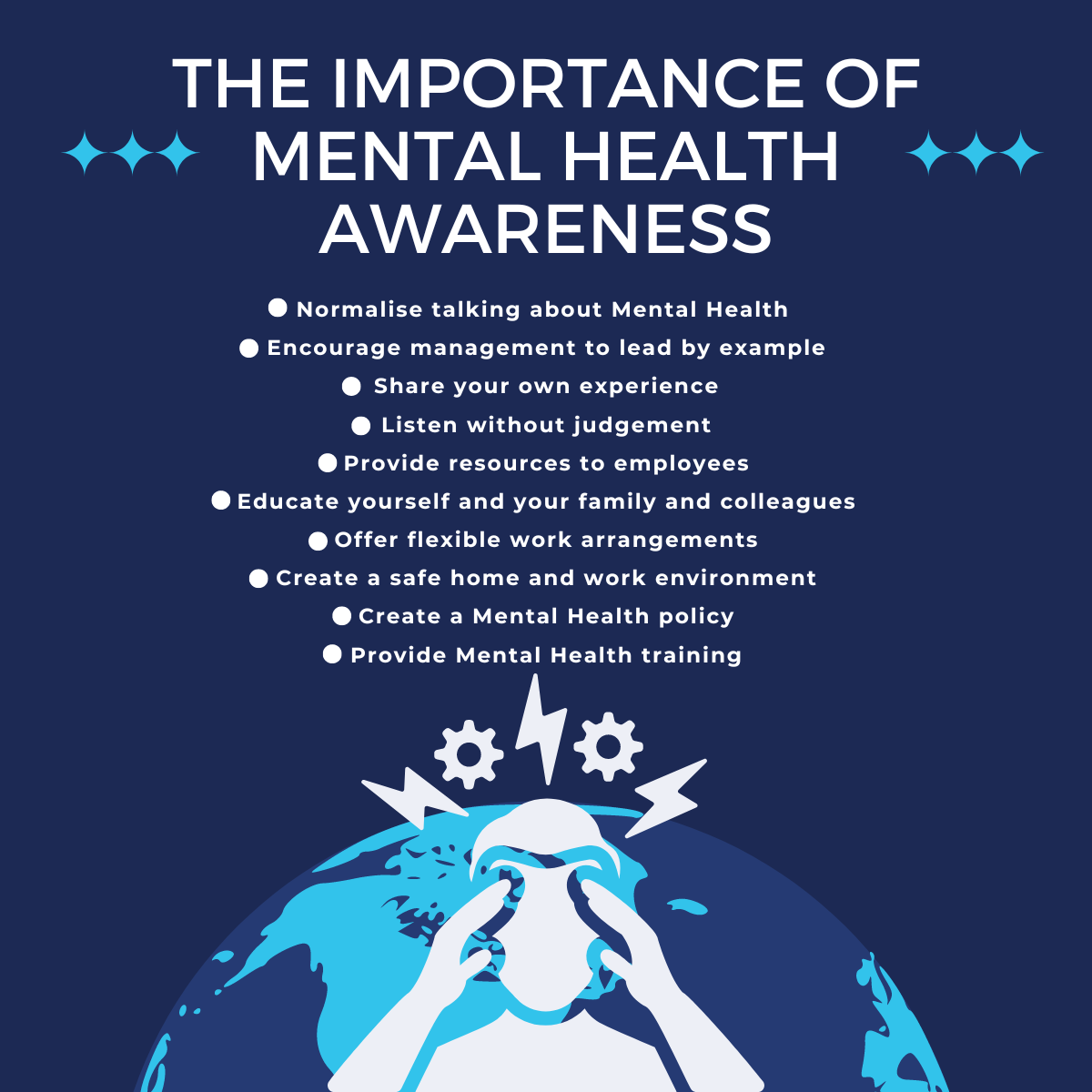Trusted Inpatient Mental Health Treatment for Lasting Wellness
Trusted Inpatient Mental Health Treatment for Lasting Wellness
Blog Article
Comprehensive Inpatient Mental Wellness Solutions for Effective Therapy
Inpatient psychological wellness services stand for a vital component of the health care system, giving a extensive and structured setting for individuals experiencing serious emotional distress. These services utilize a multidisciplinary strategy, incorporating different evidence-based treatments to address the complicated demands of patients. The effectiveness of such comprehensive care prolongs beyond instant stablizing; it additionally encompasses the shift to outpatient support, a critical phase typically ignored - inpatient mental health treatment. Discovering the subtleties of this continuum discloses substantial effects for both specific recuperation and more comprehensive psychological wellness outcomes. What variables truly affect this change, and just how can we boost its performance?
Comprehending Inpatient Mental Health And Wellness Solutions
Inpatient mental wellness services provide critical assistance for individuals experiencing severe mental distress that can not be managed properly in an outpatient setup. These services are made to provide an intensive degree of care in a structured environment, usually within a hospital or specialized center. Patients confessed to inpatient programs usually present acute signs, such as suicidal ideation, extreme anxiety, or psychosis, necessitating day-and-night monitoring and intervention.
The admission process normally includes a detailed evaluation by psychological health specialists, that review the individual's mindset, history, and instant demands. Once confessed, clients participate in a variety of restorative methods tailored to their particular needs, including drug monitoring, individual treatment, and group sessions. This alternative technique intends to stabilize the individual's problem, promote security, and foster coping skills.
Inpatient psychological wellness solutions not only address instant wellness concerns however likewise work as a bridge to recurring care. By offering a controlled environment, these solutions facilitate the development of treatment plans that can be continued in outpatient settings, therefore ensuring a continuum of treatment and improving long-term outcomes for individuals with complicated psychological wellness demands.
Key Components of Effective Treatment
Efficient treatment in inpatient psychological health and wellness solutions makes up a number of vital parts that foster recovery and stabilization. Most importantly, a detailed analysis is vital to identify the person's details demands and obstacles. This assessment educates the growth of a tailored treatment strategy, which offers as a roadmap for treatment.
One more vital element is the multidisciplinary team strategy. Partnership among psychiatrists, psycho therapists, nurses, and social workers ensures that different point of views add to the patient's treatment, improving the effectiveness of therapy. Evidence-based restorative modalities, such as cognitive-behavioral treatment (CBT) and dialectical behavior modification (DBT), are additionally important, offering organized methods that address maladaptive thought patterns and behavioral problems.

Lastly, a concentrate on aftercare preparation is important to ensure a smooth shift to outpatient services, lessening the danger of relapse and advertising long-term health. These collective parts produce an effective treatment structure within inpatient mental wellness services.
Advantages of Comprehensive Care

Comprehensive care in inpatient psychological wellness solutions offers numerous advantages that significantly enhance client results. Among the key benefits is the holistic approach to treatment, resolving not just the emotional symptoms but also the physical, social, and emotional demands of people. This comprehensive evaluation permits customized treatments that advertise general wellness.
One more advantage is the assimilation of multidisciplinary groups, which fosters partnership amongst medical care specialists. This joint setting ensures that individuals obtain worked with treatment, lowering the threat of fragmented treatment and enhancing communication amongst caretakers. Additionally, detailed care helps with continuity of solutions, permitting seamless transitions from inpatient to outpatient settings, which is essential for long-term recovery.

Lastly, the structured environment of extensive inpatient care gives a risk-free room for patients to engage in healing tasks, aiding them create dealing methods and durability. Collectively, these benefits add to a lot more efficient treatment and improved high quality of life for people experiencing mental health situations.
Evidence-Based Healing Methods
In the realm of psychological health and wellness treatment, evidence-based healing techniques play an essential role in guaranteeing that people get effective and medically sustained interventions. These strategies integrate the most effective readily available research study with medical competence and client worths, promoting a customized therapy experience that deals with specific requirements.
Cognitive Behavior Modification (CBT) is just one of the most commonly recognized evidence-based methods, concentrating on recognizing and changing unfavorable idea patterns and behaviors. This organized strategy has demonstrated effectiveness in dealing with problems such as ptsd, anxiety, and depression. Dialectical Actions Treatment (DBT) is specifically reliable for people with borderline individuality disorder, stressing the advancement of emotional policy and interpersonal efficiency skills.
Additionally, medication management is frequently an important element of evidence-based treatment, as psychotropic medicines can reduce symptoms and boost total performance. Collective care versions, which entail multidisciplinary groups, additionally improve the effectiveness of inpatient solutions by making certain extensive assessments and continuous surveillance.
Eventually, the integration of evidence-based healing strategies not only promotes favorable medical results however likewise equips patients, cultivating a sense of agency and strength in their mental wellness journeys.
Transitioning to Outpatient Assistance
The change from inpatient mental health solutions to outpatient support notes a vital stage in an individual's recovery trip. This period needs careful preparation and control to make sure continuity of treatment and to reduce the threats of relapse or dilemma. Effective discharge preparation should begin early in the inpatient keep, including a multidisciplinary group that consists of psychiatrists, psycho therapists, nurses, and social employees.
Key aspects of an effective transition consist of the development of a detailed aftercare strategy tailored use this link to the individual's certain demands. This strategy needs to outline follow-up consultations, drug monitoring, and restorative interventions, along with determine area sources and support system that can promote ongoing recovery.
In addition, patient and family education and learning is vital during this phase. Comprehending the indicators of possible setbacks and the significance of sticking to therapy can encourage patients and their support systems.
Routine follow-up and review of the outpatient strategy are important to deal with progressing obstacles. By cultivating a joint partnership in between inpatient and outpatient carriers, the visit the website likelihood of sustained recuperation increases, ultimately enhancing the patient's lifestyle and decreasing the danger of readmission.

Verdict
In summary, extensive inpatient mental wellness solutions provide a necessary structure for addressing serious mental distress via a multidisciplinary approach. By integrating evidence-based therapies, fostering a structured atmosphere, and advertising family members participation, these services enhance treatment efficiency. The focus on security and the growth of dealing skills not only aids in prompt recovery however likewise promotes a smoother change to outpatient treatment. Inevitably, such comprehensive care is vital for long-term mental health and well-being.
The admission procedure normally includes an extensive assessment by psychological wellness experts, who assess the individual's mental state, background, and immediate needs.Reliable therapy in inpatient mental health solutions Extra resources makes up several key parts that promote recovery and stablizing.Detailed care in inpatient psychological health and wellness services supplies numerous advantages that dramatically improve patient end results.The shift from inpatient mental health and wellness services to outpatient assistance marks a critical stage in a client's recuperation trip.In recap, extensive inpatient psychological health and wellness services use an important structure for attending to severe mental distress via a multidisciplinary technique.
Report this page